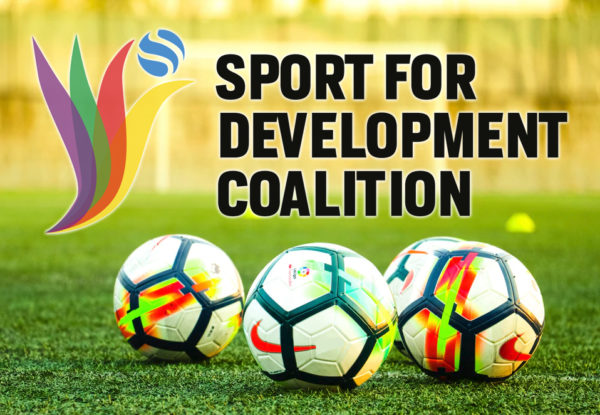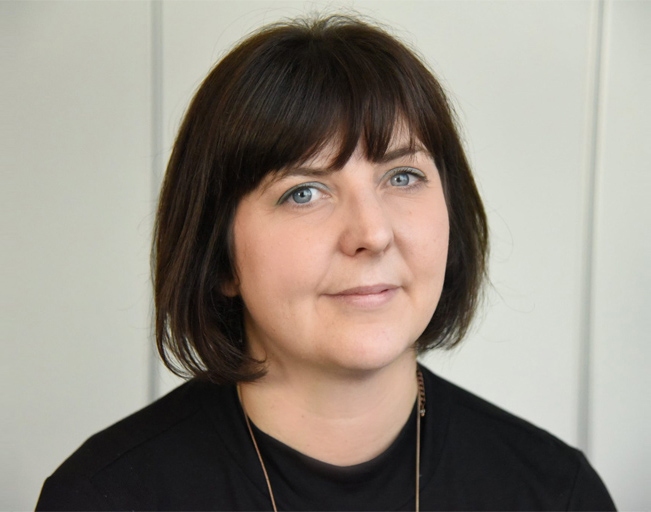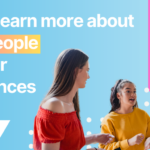As part of the Sport for Development Coalition, Youth Employment UK invites organisations supporting youth development through sport to send in their case studies by September 17th 2021.
What is the Sport For Development Coalition?
The Sport for Development Coalition is a movement of organisations working to maximise the positive social impact of sport and physical activity. Youth Employment UK is proud to be a part of this Coalition.
Is YOUR organisation supporting youth development with sport?
Submit case studies and insights by 17th September 2021
The Sport for Development Coalition is working with partners in the employment and skill development fields to assess and strengthen the contribution that sport for development, sport and physical activity can make in response to the employment challenges exacerbated by the Covid-19 pandemic.
To support this objective the Coalition is requesting submissions of case studies, learning and evidence on:
‘Enhancing education, employment and training ‘in’ and ‘through’ sport in a post-covid landscape’.
Submissions that focus on the following areas are requested:
- 1: The experience of sport for development, sport and physical activity stakeholders of engaging with Government and third sector initiatives to support skill development and employment outcomes.
- 2: The contribution that working ‘in’, and ‘through’, sport has made to skill development and employment outcomes.
- 3: Mainstreaming equity and addressing inequalities ‘in’ and ‘through’ sport for employability initiatives and programmes.
Deadline – 27th September 2021
Message from our CEO: “Sport can improve community cohesion and employability outcomes for young people”
In a blog for the Sport for Development Coaltion, our CEO Laura-Jane Rawlings, outlines that the economic cost of youth unemployment, in terms of lost national output, is forecast to rise to £6.9billion in 2022. She says:
“Many young people don’t feel they have got the right employability skills, or might not have had any work experience, or don’t know what jobs and careers exist for them. These were issues before the pandemic, and Covid has amplified them.
Social mobility is another issue; if you come from a certain background you are more likely to get support in building additional skills, and can tap into economic and social capital. For young people without networks and family support, the gaps have widened.
In some of the places where young people live, there just aren’t the same level of career opportunities for young people and funding at local authority level has been cut back. The whole system, whether that’s education or welfare, wasn’t ready for a pandemic, and now those inequalities have been amplified and exacerbated.
It’s absolutely crucial that those young people who face these structural inequalities and are at risk of being ‘left behind’ are properly supported, such as those from lower socio-economic backgrounds, from Black, Asian and Ethnic Minority backgrounds, disabled people and care leavers.
Nevertheless I believe all young people deserve equal access to opportunity, and sport offers us an exciting opportunity around social inclusion. A rugby team has 15 players and those players don’t care who is receiving free school meals or who is hard of hearing; they become a team and that power of social inclusion is really important.
I have visited some incredible youth employment programmes and often the first point of contact with a young person – who perhaps is vulnerable or has experienced disadvantage and needs a trusted adult and a safe space to engage – can be with sport acting as the conduit.”
Laura-Jane Rawlings, CEO Youth Employment UK











